
Sen. Ghazala Hashmi (D-Chesterfield)
Photo credit: VPM
by Dick Hall-Sizemore
Kerry Doughtery has evinced a certain amount of outrage on this blog about state Sen. Ghazala Hashni (D-Chesterfield) not living in the district in which she ran and won re-election. (See here and here.)
The recent redistricting had placed Sen. Hashmi’s long-time residence just outside the district which she represented. In order to be able to run in her old district, the senator rented an apartment in that district and listed it as her primary residence. A group of residents filed a petition with the court claiming that she had not abandoned her longtime residence in which her husband still lived. They monitored the movement of the family’s vehicles and claimed that Hashmi still spent time there.
A retired judge has ruled that the evidence showed that Sen. Hashmi had established a domicile at the apartment and thus met the requirements of the law and had not falsified her residency in papers she filed with the Board of Elections. In her testimony, Hashmi said that she had moved furniture and personal effects to the apartment, established an office there, and changed her voting registration and driver’s license to reflect her new address. She did not deny spending some nights at her former home, partly to help care for her husband, who was dealing with a medical issue. She said that she and her husband plan to buy a home in the new district.
My Soapbox 
The actions taken by Sen. Hashmi to deal with being redistricted out of her legislative district are not unusual; other legislators have resorted to similar moves in the past. They may not seem right, but they are not illegal. It is amazing that legislators will go to the hassle and expense of renting apartments and then moving, and perhaps uprooting their families, just to remain in the General Assembly.

 by Jeanine Martin
by Jeanine Martin by Scott Lingamfelter
by Scott Lingamfelter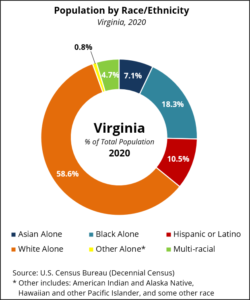

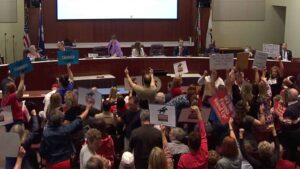

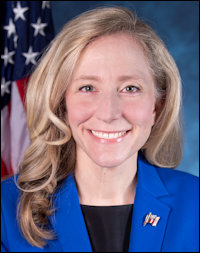 by Shaun Kenney
by Shaun Kenney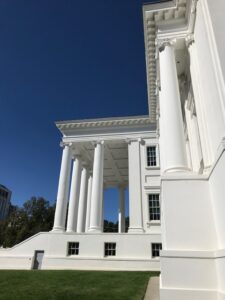 by Scott Lingamfelter
by Scott Lingamfelter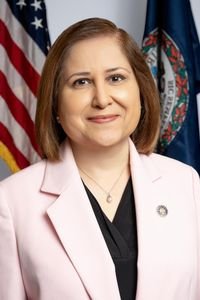 by Kerry Dougherty
by Kerry Dougherty
 by Joe Fitzgerald
by Joe Fitzgerald
